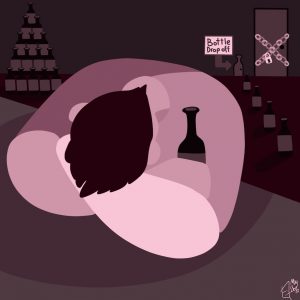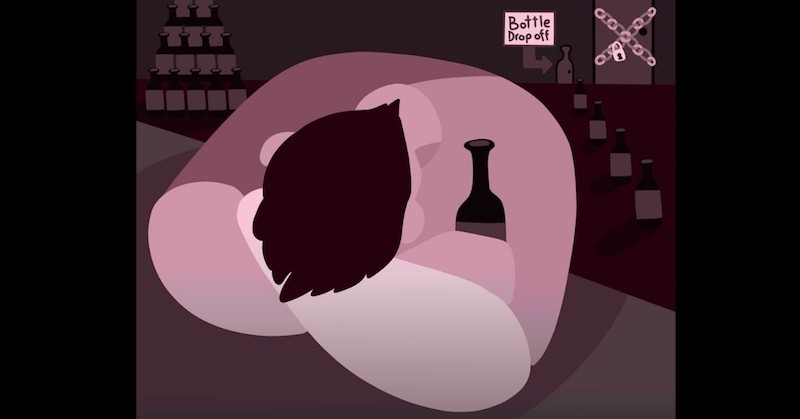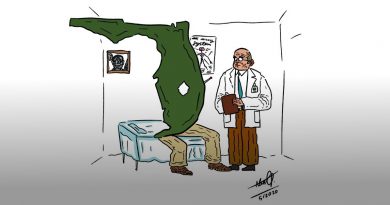Alcohol Isn’t The Way To Cope With The Pandemic
Increased isolation and uncertainty have led to higher levels of stress, and in turn, some people have turned to less healthy ways to cope.
In March, alcohol sales increased by approximately 50% compared to sales last March. Not only is consuming more alcohol an unhealthy coping mechanism, it’s ineffective.
Alcohol is a depressant that slows down brain activity, so those who seek to reduce the symptoms of their anxiety might turn to drinking in hopes of feeling more relaxed. While that might provide an immediate relief, drinking heavily or for long periods of time can actually have the opposite effect.
The tremors experienced after drinking heavily are the proof. Because of alcohol’s depressant effects that can slow down the central nervous system, the brain and body become accustomed to a reduced level of stimulation.

Once a heavy drinker stops consuming alcohol, the brain is stimulated more than it was used to under the effects of alcohol, and an unwanted countereffect results in hyperactivity, which is why some people experience tremors during a hangover. Among other reasons, this can lead to a cycle of overconsumption and no relief.
Apart from the well-known health risks associated with excessive alcohol consumption like an increased risk of cancer, heart disease, stroke and liver disease, it can have detrimental effects on mental health as well. Learning to cope with the negative emotions one can feel during a disaster like the coronavirus pandemic is a crucial component to being healthy; it’s not just limited to your physical state of being.
According to the Centers for Disease Control and Prevention, more effective ways to cope include limiting exposure to media about the pandemic, eating and sleeping well, exercising, talking with people you trust and engaging in activities you typically enjoy.
Finding ways to cope that work for you is easier said than done, but knowingly engaging in something as counterproductive as drinking alcohol to try to accomplish this is not only ineffective, but also detrimental to your mental and physical health. If you feel that healthier ways of coping are not working for you, there are other resources.
The Substance Abuse and Mental Health Services Administration has a 24/7 Disaster Distress Helpline that provides immediate crisis counseling. They can be called at 1(800) 985-5990 or you can text TalkWithUs to 66746 to connect with a crisis counselor.




